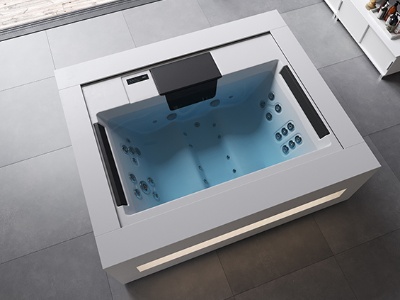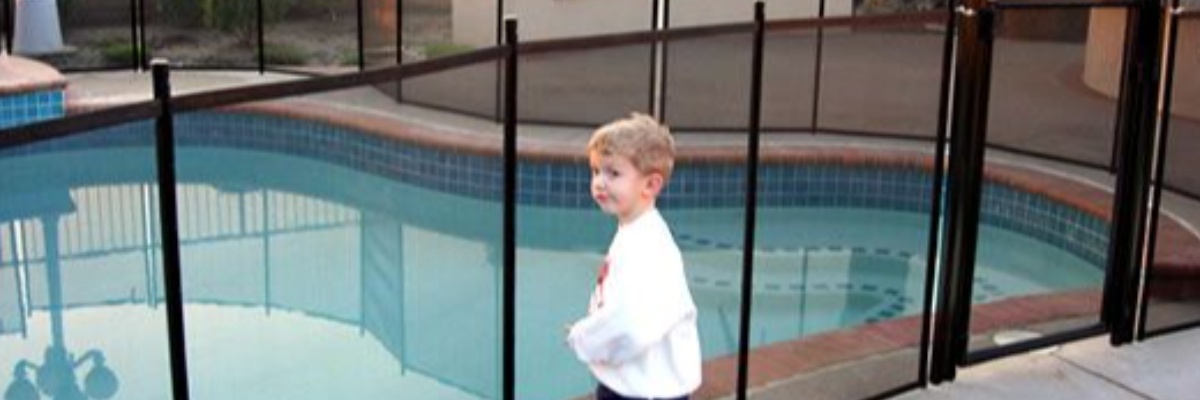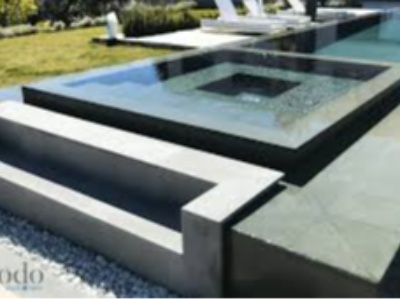
In France, the legislation governing the safety of private swimming pools aims to prevent the risk of accidents, particularly the drowning of children. Since the law of 3 January 2003, owners of in-ground or semi-inground swimming pools are required to install a safety device that complies with current regulations. Failure to comply with this obligation exposes the owner to significant financial penalties and may incur civil and criminal liability in the event of an accident.
Why was this regulation introduced?
Every year, there are numerous drowning accidents in private swimming pools, often involving young children. The installation of safety devices helps to reduce these tragedies by making the pool inaccessible without supervision. The main objective of the law is to make owners accountable and to impose concrete measures on them to guarantee safety around their swimming pool. The legislation applies to private, in-ground or semi-inground family swimming pools, whether for personal or collective use (seasonal rentals, lodges, hotels, campsites). Above-ground, inflatable or removable pools are not subject to this obligation, although vigilance is still essential to avoid accidents.Mandatory safety devices
The law requires the installation of at least one of the four approved safety devices, which comply with standards NF P90-306 to P90-309:1. Protective barriers (NF P90-306): They must be at least 1.10 metres high and prevent access to the pool without the help of an adult. Their closing system must be secure and not be able to be opened by a child. 2. Safety covers (NF P90-308): They must be able to support the weight of a child and completely cover the pool to prevent accidental falls. 3. Pool alarms (NF P90-307): They must detect any immersion or passage near the pool and emit an audible signal in the event of intrusion.
4. Pool enclosures (NF P90-309): They must completely cover the pool and be designed to prevent any unintentional access.
Penalties for non-compliance with regulations
Fines and legal proceedings
Failure to comply with the law exposes the owner to a fine of up to €45,000. This penalty is applied in the event of a total absence of safety equipment or if the equipment installed does not comply with the standards in force.In the event of an accident, the owner may be held civilly and criminally liable. If a drowning occurs due to a breach of regulations, prosecution may include more severe penalties, including prison sentences in cases of proven negligence.
Insurance implications
An owner of a non-compliant swimming pool may also encounter difficulties with their home insurance. In the event of an accident, the insurer may refuse to cover the damage if the mandatory safety measures have not been put in place. This means that the owner could be required to pay for medical expenses, damages or any other compensation requested by the victims themselves.How can you be sure that your installation is compliant?
To avoid any sanctions, it is essential to ensure that the installed safety device complies with current standards. Here is some advice:- Check that the barrier, alarm, cover or shelter bears the NF P90-306 to P90-309 certification.
- Call in a professional for the installation to avoid assembly errors.
- Carry out regular checks to ensure that the equipment is functioning properly.
- Inform all pool users of the safety instructions and ensure that they are followed.




